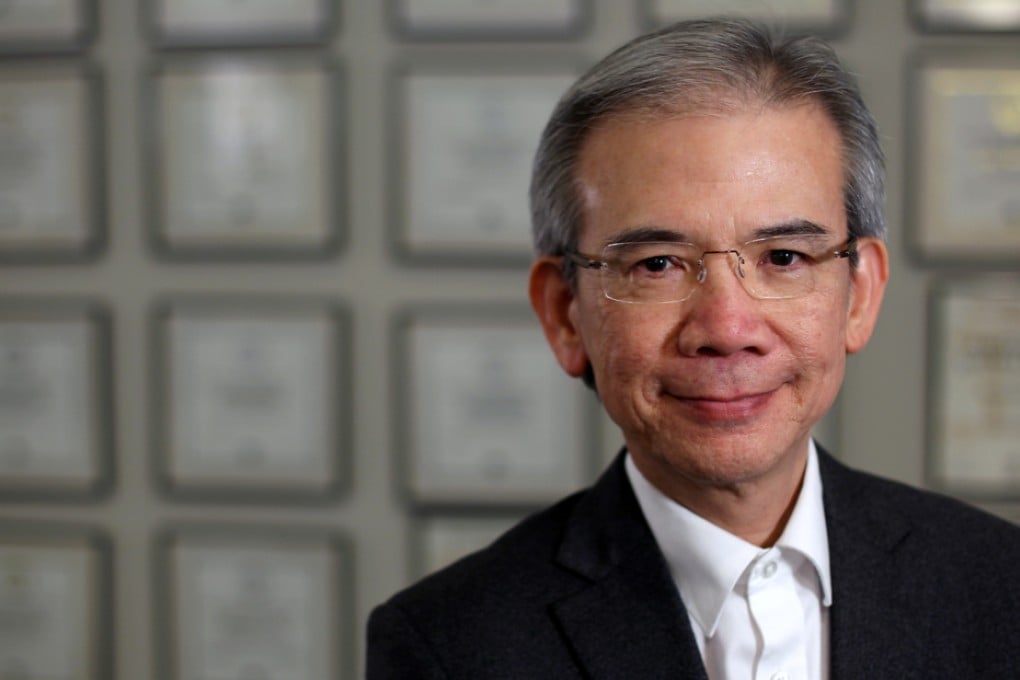Democracy is only option to offer relative stability
History shows how voters have elected strong leaders in response to economic challenges

Always love your country, but never trust your government. This seemingly paradoxical statement is backed by powerful logic: public powers are too tempting and will thus be abused; those in power must not be trusted unconditionally; hence, their exercise of power must be checked by strong, independent and properly mandated institutions.
Yet modern societies are increasingly complex. People are educated, informed, and empowered to stake their claims. Too often, these claims are conflicting. Taking policies forward thus requires skilful balancing of interests among these stakeholders.
Trust, the single most important factor in making the balancing act work, ought to be a prerequisite. Yet, the constitutional design of liberal democracies is based on the principle of distrust. Therein lays the paradox of governance.
This paradox did not come into existence for most parts of the world until the last century. Before that, most people were ruled by kings and emperors who claimed their right to rule through divine authority.
It is due to the painful consequences brought about by these self-imposed rulers who abused public power that modern democracies anchor their governing institutions on the principle of separation of powers. The aim is to reduce the risk of power being monopolised, which inevitably leads to corruption and decay.
Let us come back to this paradox of governance in democracies. For the government to work, its people must accept, or at least tolerate, diversity. They have to take compromise as a rule and occasionally even have to muddle through differences.
